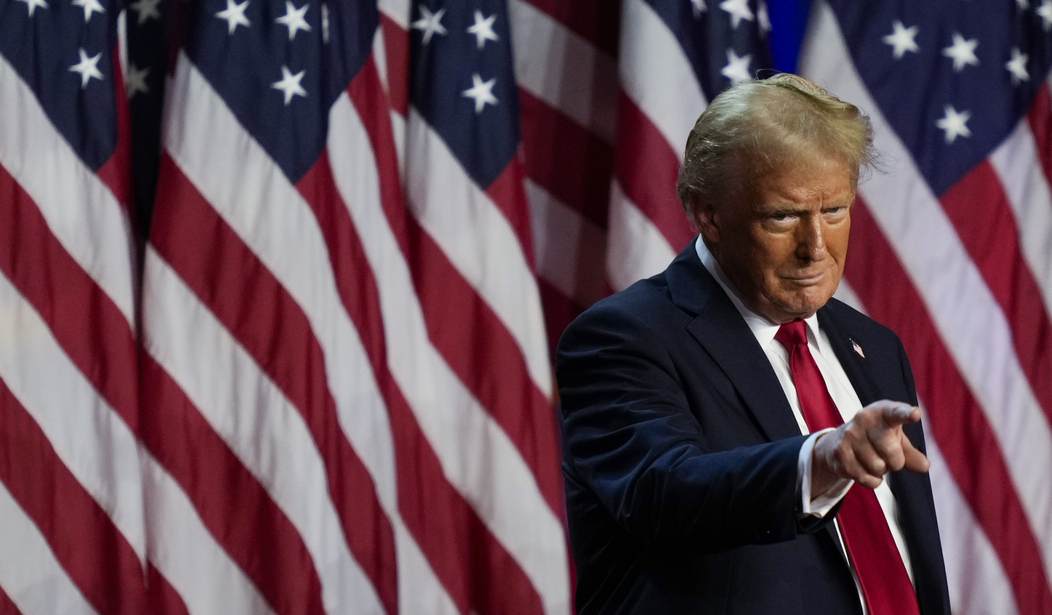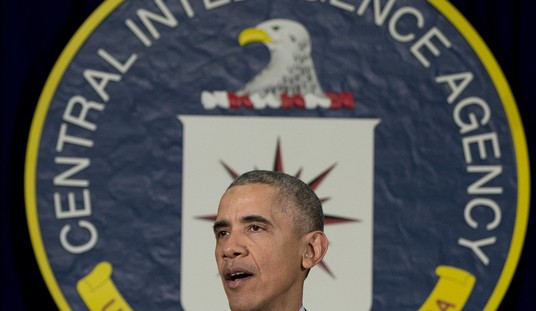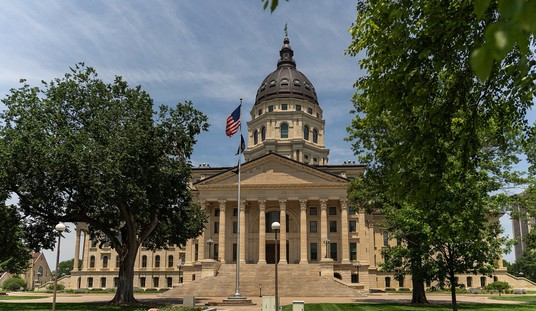He did it. He actually did it. Donald Trump, political upstart, was able to put together a coalition so diverse that the Republican Party of ten years ago would probably do a collective spit take at the thought of blacks, Hispanics, and low-propensity voters showing up at the polls in droves to vote for them. It was always a possibility, of course, but it took Trump to make it a reality.
A new study of the 2024 presidential election by the Pew Research Center shows that's exactly what he did, making significant gains with communities that until very recently hadn't given the GOP a second glance. Given Pew's unique methodology, tracking the voting patterns of a set panel of people over several election cycles, it could be argued that the conclusions they draw in this study are more insightful than, say, exit polling or the post-election surveys typically done by media outlets (think CNN's over-excitable Harry Enten and his trusty, dust digital numbers board).
Trump’s 2024 voter coalition was more racially and ethnically diverse than his 2020 or 2016 coalitions. pic.twitter.com/zClpZYJKCA
— Pew Research Center (@pewresearch) June 26, 2025
One important trend identified is the Trump loyalty factor—he was able to hold onto his base voters, election after election; the same voters showed up for him time and again. They steadfastly stuck with him in 2016, 2020, and again in 2024—that's some serious brand loyalty right there. When you add in the fact that 5 percent of Joe Biden's 2020 voters flipped to Trump in '24, it's clear Trump had staying power and Kamala Harris was one dud of a candidate.
Blacks, who have voted Democrat since time immemorial, it seems, are proving to be less enchanted with the left these days. In 2024, Trump won 15 percent of black voters, up from 8 percent in 2020. Here's the beauty of the thing: Trump didn't need to win blacks overwhelmingly, he just needed to chip away at the margins in order to secure a victory. In doing that, the Democrats were dealt a serious blow to their long-held belief that they had the black vote secured.
Hispanics, too, flocked to Trump last year. Trump was so popular with Hispanics that he almost drew even with Harris, with Trump clocking 48 percent of the Hispanic vote to Harris' 51 percent. That's a big jump from 2020, when Trump got 36 percent to Biden's 61 percent.
Tony Fabrizio, Donald Trump's pollster, remarked that the numbers reflect how well Team Trump was able to execute their campaign strategy.
“We talked about getting Blacks and getting Hispanics and low-propensity voters,” Mr. Fabrizio said in an interview. “Everyone looked at us like we had three heads and we were crazy.”
“This Pew report basically says, ‘Yeah, we did it,’” he added.
The Pew report also seems to strike a serious blow to the myth of the MIA woman voter. If you'll recall, Democrats went into the election convinced that women, in the first presidential election since the overturning of Roe v. Wade, were going to take out their rage at the ballot box. Remember this?
Democrat political analyst brags about Kamala’s huge win coming, buys champagne on Election Day and mocks Trump supporter selling it to her at liquor store. This is glorious, watch it. Trust me: pic.twitter.com/FYeXpcoFld
— Clay Travis (@ClayTravis) November 7, 2024
When Pew asked the faction of the study's cohort that opted not to vote in 2024 who they would have voted for, 44 percent said Trump while 40 percent said they would have backed Harris. The study didn't break things down by sex, but these numbers make it clear that Democrats were exceedingly overconfident in the ladies. Looks like Trump got the last cackle on this one.
What's also clear from this study is that Trump has done a great job of teeing up a robust, diverse coalition for the Republican Party going forward, built on his ability to connect with everyday Americans and voice their concerns. And it's a coalition the likes of which the GOP hasn't seen in a long time, if ever.
The problem for the party, of course, is that Trump is unable to run for another term, despite his occasional cheeky insistence otherwise. It now becomes a question of who in the Republican Party can hold onto, or even expand, this fragile coalition in 2028?















